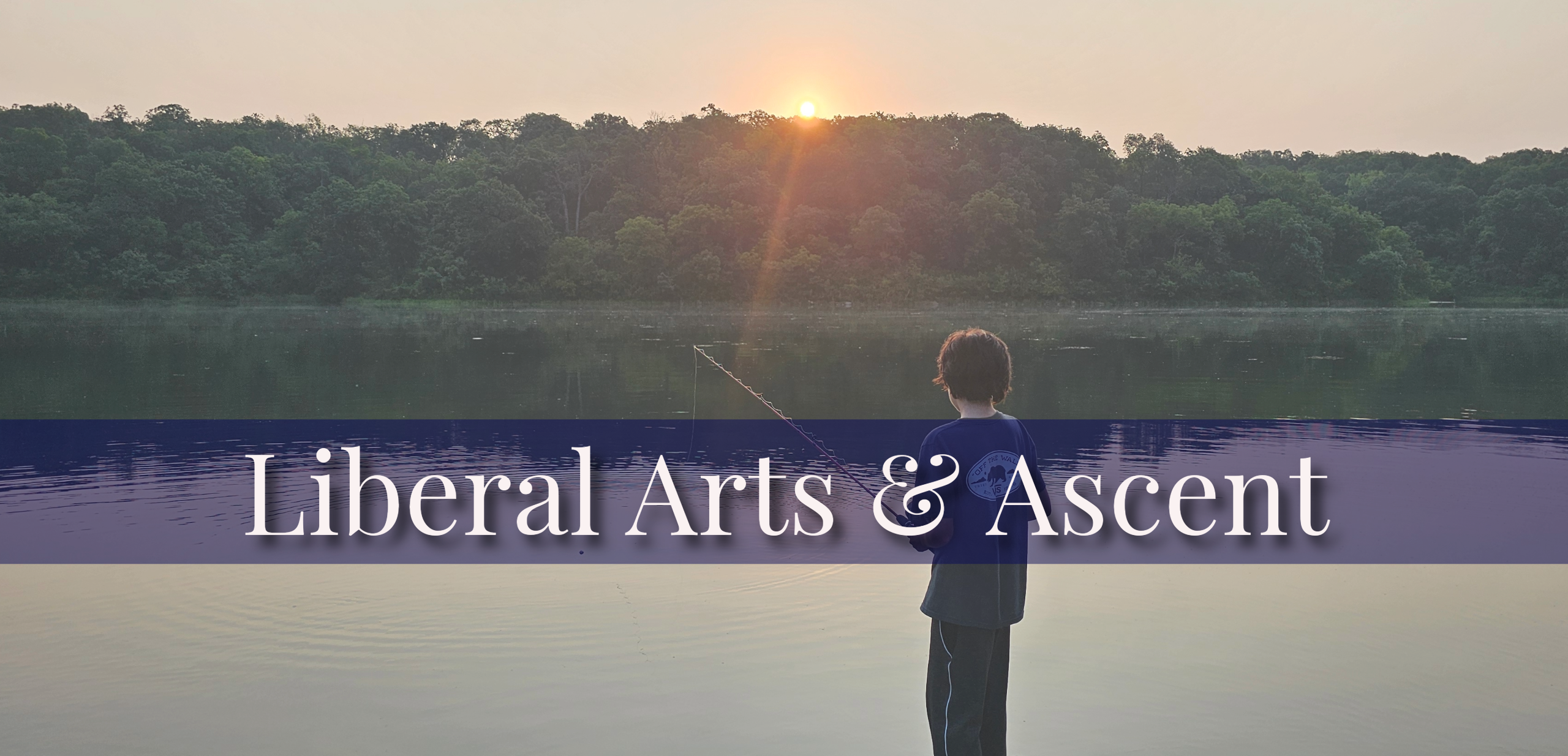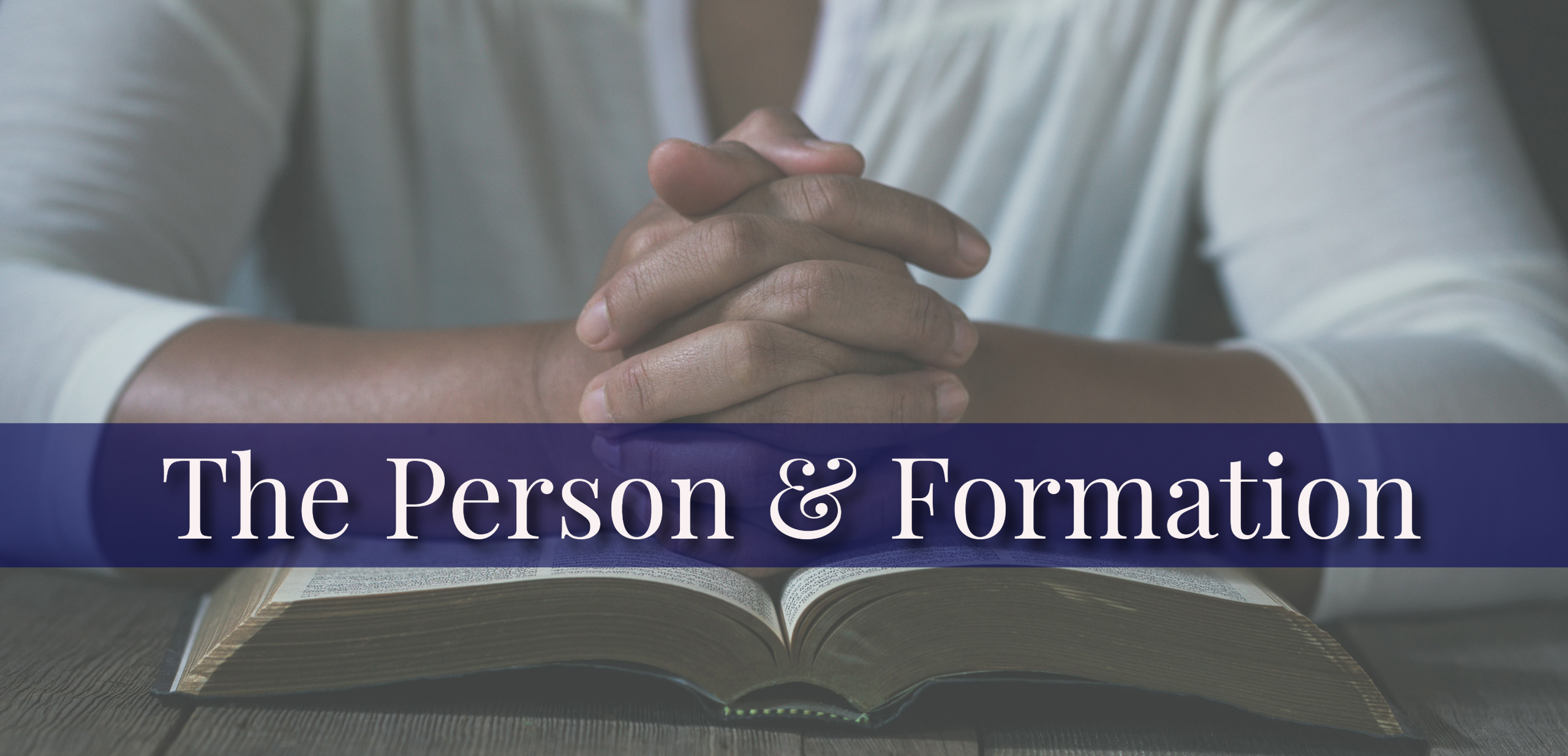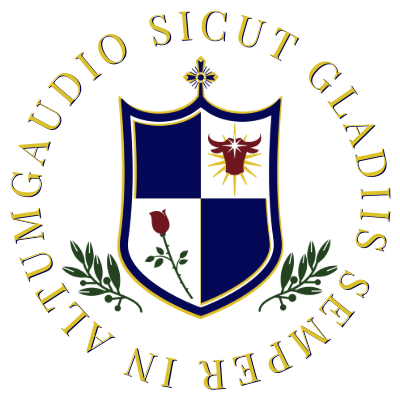Philosophy of Education
Oxrose Academy's curriculum reflects the classical and medieval model of the trivium and quadrivium, as well as the traditions, old and new, of great books discussion, and the belief that, to broaden Newman's statement, "to be deep in history" is necessary to understand Christ and His Church. As such, students are guided through an integrated educational program that includes elements of each approach. Students develop a true understanding of nature, man, and history in which the incarnate Christ is the beginning, the middle and the end. Our modus docendi ("way of teaching") is really a modus intellegendi ("way of understanding"), focused upon those things which are true, beautiful, and good.

... Implementing the Trivium & Quadrivium
The classical cannon of the liberal arts includes the language arts of the trivium ~ grammar, logic, and rhetoric ~ and the "arts of the real," the quadrivium ~ arithmetic, geometry, music, and astronomy. The purpose of these two sets of arts is the contemplation of "logos" (reason, word, order), on the one hand, in thought and speech, and on the other, in things, understood quantitatively. Christianity associates this principle of order - the utterance by which chaos is made cosmos - with Christ, "the Logos," in St. John's Gospel. The unifying principle of this educational approach is then Christ himself, the divine orderer, whom we find singing to us in the harmony of all things.
The trivium and quadrivium were studied as a preparation for the culmination of education in philosophy and theology. They lead the mind in an assent to the source and summit of life itself, the Trinity.
In embracing this educational approach at Oxrose, we are not limited to the specific arts and sciences named above; rather, we are devoted to finding the unified vision of the whole, the pattern of assent, and the specific "meaning of a science or art . . . the specific truth or beauty it offers us" (Education at the Crossroads, Jacques Maritain).
In the TPT sequence, the material covered is arranged topically, according to the development of the mind as it progresses into wisdom. We begin with a focus on language and thought (the tools of science), move into a consideration of the created world as revealed through quantity (mathematics), the natural sciences, and the human person, and culminate with the study of God, the source of all.

... Entering the Great Conversation
The Great Conversation, to borrow Mortimer Adler's famous expression, may be seen as a laboratory of integrated reflection involving all of the arts and sciences. Students encounter the great authors of our tradition in the dialectical mode of consideration that Plato describes as the best means for studying the highest things. In dialectic, we compose and divide (Phaedrus, Plato), seeking to find what things are and are not, as we seek contemplation of the ultimate good. The historical sequence provides the structure to the choices of topic and the process reflects a further unity. "For the Christian view of history is not merely a belief in the direction of history by divine providence, it is a belief in the intervention by God in the life of mankind by direct action at certain definite points in time and place." The Incarnation is the very center of history then, and "The history of the human race hinges on this unique divine event which gives spiritual unity to the whole historic process" (The Christian View of History, Christopher Dawson). To grasp the spiritual unity of the whole and the exigencies of the moment, we read in sequence and supplement our study with good narrative history and the language of our tradition, Latin.
Legitimate criticisms of "Great Books" courses exist. Someone may point out that, due to (1) the manner in which the texts are presented as equally great and important (setting for example, Freud and Aquinas on the same level), (2) the way in which the students are left to struggle through books, without close guidance, (3) the difficult level of such classes, which render them appropriate for extremely talented students only, and (4) the merely chronological order in which the books are read, which does not take into account the progress in wisdom that a medieval topical curriculum supposes a great books curriculum will serve only to educate students into an elitist, intellectualist skepticism.
Oxrose Great Books classes are constructed to overcome these potential hurdles. First, "Great Books" is one class, not the whole curriculum. We balance the open-ended and unguided discovery of Great Books with a medieval, topical progression through the trivium and quadrivium. Second, our moderators do take a more active and teacherly role than in some programs. They do not let just any opinion stand as of equal value with any other, and they hold that there is truth and defend it, seeking to exemplify how a Christian engages with the great questions. Third, the great books we read are adapted for use in the middle school years and students are helped and guided as they learn to engage in the dialectical process, a proven and effective mode of increasing reading and conversational comprehension. Fourth, the narrative of the west is presented as a unified story centered around the event of Christ's birth: this is accomplished through the other books that are read in conjunction with the primary source readings as well as the lectures and mindset adopted by the instructors.

... Educating the Person through the Curriculum
Insofar as it is not possible to adhere strictly to a sequential study of the trivium followed by the quadrivium, our curriculum is arranged to gradually shift from an emphasis upon the trivium to an emphasis upon the quadrivium. It culminates with courses in philosophy and theology. With the unity of the whole in mind we provide instruction, not only in the "facts" of the subjects, but in the "specific truth" that each topic offers. In other words, we provide the student with a philosophical basis for understanding the information provided in each language, math, or science class both within and without our own curriculum. This holistic approach to introducing the students to Christ and a Christian way of seeing, does not simply inject a religion course into an otherwise secular curriculum. Instead, the goal is to work and think in the cultural tradition of catholicity. As such, though many key texts of Catholic theology and spirituality are read, specifically catechetical instruction, virtue training, and preparation for the sacraments are treated very differently. In our "Spiritual Formation" courses, the model is non-academic, discipleship based, formative and practical.

